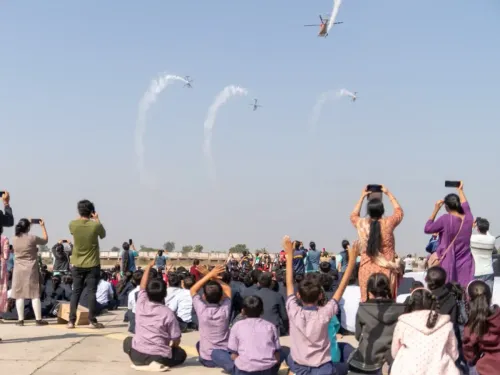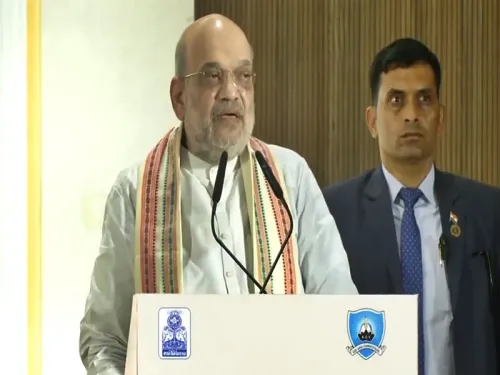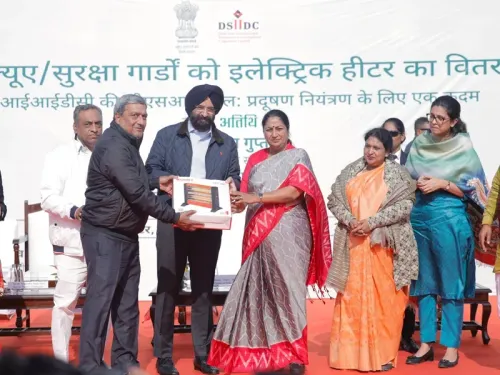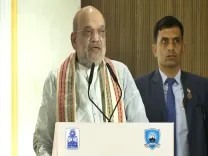Why Did the SC Dismiss the PIL for Tourist Safety?
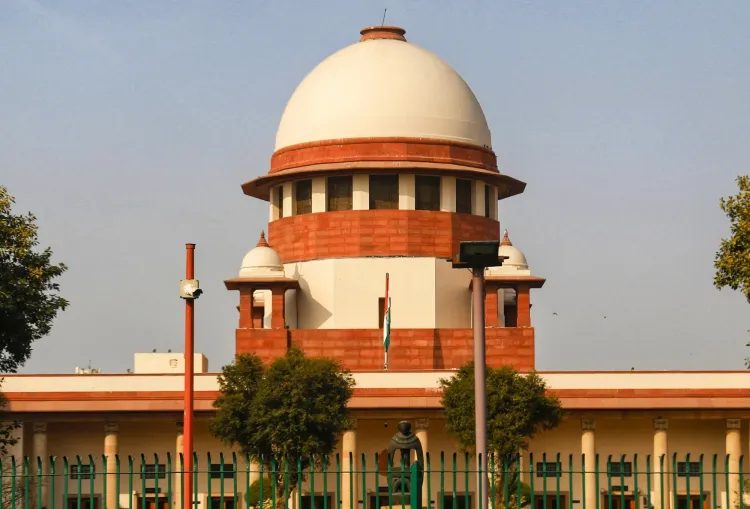
Synopsis
Key Takeaways
- The Supreme Court dismissed a PIL aimed at improving tourist safety in hilly areas.
- The dismissal was based on concerns regarding the advocate's motives.
- The ruling has implications for future public interest litigations and tourist safety in vulnerable regions.
- The court emphasized the importance of responsible legal actions.
- Ongoing discussions on safety protocols for tourists are crucial following recent attacks.
New Delhi, May 5 (NationPress) The Supreme Court has dismissed a Public Interest Litigation (PIL) aimed at boosting safety and security for tourists in mountainous regions and isolated locations. This decision follows the tragic April 22 terrorist attack in Jammu & Kashmir's Pahalgam, which resulted in the loss of 26 innocent lives.
A panel comprising Justices Surya Kant and N.K. Singh criticized advocate Vishal Tiwari, who represented himself, for submitting what they termed 'purported PILs' that appeared to be more about seeking publicity than genuine public interest.
The bench questioned Tiwari's intentions, asking, 'What is your purpose and motive?' They expressed concern over the potential misuse of the legal system for personal gain, stating, 'You are inviting some order with exemplary cost.'
Tiwari argued that he wasn’t targeting the government, but rather highlighting the safety concerns for tourists in vulnerable areas. However, the bench remained skeptical, concluding that Tiwari's actions were primarily designed for publicity rather than to address real public concerns.
The PIL highlighted the absence of safety protocols and guidelines for tourists on how to protect themselves during terrorist incidents, emphasizing that tourists in Pahalgam were particularly vulnerable due to their lack of armament and security.
It stated, 'This is the first time tourists have been targeted in such numbers, raising significant concerns for the safety and security of visitors to remote locations like Jammu and Kashmir.'
The petition noted that recent terrorist activities have amplified concerns regarding tourist safety, arguing that urban areas offer more security due to consistent police presence compared to less populated tourist hotspots.
Additionally, the PIL urged the government to ensure adequate security measures for tourists during peak seasons in remote regions, stating, 'VIPs enjoy round-the-clock protection, while ordinary citizens are left vulnerable.'
The Supreme Court had previously rejected a plea for the formation of an investigative panel led by a retired judge to look into the Pahalgam attack.
The bench firmly stated that it would not consider any petitions that might undermine the morale of the armed forces, asserting, 'Be responsible when filing such PILs.' They emphasized the need for sensitivity towards the ongoing fight against terrorism, cautioning against any requests that could demoralize the nation’s defenders.


